
The Phoenix Daily
for an Intellectual Lebanon
“Those who are neutral in situations of injustice have taken the side of the oppressor”
— Desmond Tutu, anti-apartheid and human rights activist
We aren't neutral.
Yes. You read that right. The Phoenix Daily commits itself to challenging the conception of neutrality in Lebanon. As passionate, intellectual, academic, and journalistic writers we strive to provide Lebanon with news, analyses, and opinions on the most prominent matters of Lebanese and International affairs.
Featured publications
Opinion analysis by Aline Abou Chaar, Visiting Contributor
“I work, I earn, I buy, I cook, I prepare, I feed, WE decide, but if he wants eggs… it should be eggs” – this intriguing quote uttered by a Syrian refugee woman in the Bekaa region portrays the control that men have as the heads of the household compared to women (El-Asmar et al., 2019). The phenomena of gender equality underlie equal prospects for both sexes, male and female, and envision equal rights economically, socially, culturally, nutritionally and politically with facilitated access to resources. Unfortunately, the reality of the middle-eastern society put all women and girls at a disadvantage, especially within the Lebanese population where around 1,349,955 are Syrian refugees, with over 50% of them being women and young girls.
Opinion Analysis by Dr. Antonios Abou Kasm, Professor of International Law, Counsel pleading before International Criminal Courts, Visiting Contributor
Mr. Secretary General,
Your visit at this sensitive time in Lebanon’s history has a major importance, as state institutions have begun to collapse, amid a sovereign, social, economic, financial and monetary crisis, making the Lebanese people on the verge of starvation. According to the ESCWA study titled; “Multidimensional poverty in Lebanon (2019-2021): Painful reality and uncertain prospects”, poverty affects more than three quarters of the population in Lebanon, while it mounts up to 82% of the population living in a multidimensional poverty, if other factors are taken into consideration other than income, such as education, access to health, and public services.
Opinion analysis by Ricardo Bitar, Featured Writer
As COVID cases rise in Lebanon in wake of the spread of the newest Omicron variant, the country is facing an alarming possible threat that has been present ever since the start of the pandemic, one that is dormant and rapidly emerging: a young, expanding, and unvaccinated population of refugees. Even though these occupants are not a new addition to the Lebanese population, the government seemed to have forgotten about the responsibility they have towards them when it comes to the COVID-19 Pandemic. In fact, only 4% of Syrian refugees have received at least one shot of the vaccine as of October of 2021 in Lebanon, mainly due to discrimination and lack of management. However, throughout the pandemic, the fact that this community is a young one helped it battle the virus’s spread and exhibition; yet, will their immunity resist the newest Omicron variant?
Opinion analysis by Maria Wehbe, Staff Writer
2021 has been an unbearable year for everyone around the world: from natural disasters and climate change to a worsening pandemic, school shootings, immense protests, devastated populations and so much more. People worldwide have been exhausted to the greatest extent possible, both physically and mentally. One country that deserves a very special recognition after everything that it has endured this past year is none other than Lebanon. This country has been through a lot and regardless of it all, there are people that are still here, there are people who still have hope, there are people who are willing to keep fighting for this country until it goes back to what it once was and that is so inspiring and captivating, because the love that these people have for their country is undeniable and so strong that nothing could tear it apart; not a deadly nuclear explosion, not a worsening economic crisis, not a hyperinflation nor diminishing quantities of basic necessities.
Opinion analysis by Yara Dally, Contributor
Bewilderment and uncertainties arises from the latest fuel prices schedule going from the way of computing fuel prices to the way of calculating profits.
Analysis by Maria Wehbe, Staff Writer
On November 10th, 2021, the Lebanese Minister of Education and Higher Education Abbas El Halabi along with UNESCO’s education officials held a meeting at UNESCO’s headquarters in Paris with high-level representatives from the UNESCO Member States, in margin of the 41st Session of the General Conference. It is worth mentioning that Mr. El Halabi is a former judge, vice-chairman of the Board of Directors, and Legal Counsel of the Bank of Beirut and the Arabic Countries (BBAC), as well as a former professor at the Saint Joseph University of Beirut (USJ). The main goal behind said meeting was to mobilize international partnerships and resources as well as institutional and technical support towards the enhancement of the Five-Year General Education Plan for Lebanon (5YP) and reinforcement of support towards the Li Beirut Initiative.
Opinion analysis by Maria Wehbe, Staff Writer
A devastating economic crisis, a shortage of basic necessities and medications, a fuel crisis, the third biggest non-nuclear explosion in history, a sky-rocketing elevation in unemployment and so much more: who wouldn’t feel traumatized when living in such harsh and difficult conditions? Today, Lebanon is going through the unimaginable and every single citizen is feeling the devastation in one way or another. However, what is most heartbreaking is seeing young children who are so pure and innocent live in a country that they anticipate leaving starting such a young age because they are made aware of how bad the situation currently is. They’ve had to face what no child should ever have to, and this clearly affects their mental and physical development in a variety of ways. In fact, Childhood Trauma is defined as serious adverse childhood experiences, where the child experiences overwhelming and negative events and emotions. As per this definition, it is clear that most children in Lebanon are suffering from Childhood Trauma, and more so than not, it is almost a guarantee that they will if they grow up here.
Opinion analysis by Dr. Antonios Abou Kasm, Professor of International Law and Counsel practicing before international criminal courts, Visiting Contributor
Every crime that is committed in Lebanon and leads to the fall of victims, gets the discussion back regarding justice in Lebanon and its effectiveness and causes of division. The political conflict taking place today over justice regarding the Beirut port explosion’s as crime is a result of an abnormal behavior that has been developed over time and was adopted by the political and security leaders in Lebanon.
Opinion analysis by Rita-Theresia Makhlouf, Visiting Contributor
“The main hope of a nation lies in the proper education of its youth”, said none-other than Desiderius Erasmus. It appears that the Lebanese government had fully embraced this saying after the Taif Agreement, the latter having brought a new plan for Education in Lebanon, alongside a seemingly collective agreement to end the Civil War. Proper Citizenship Education that transmits democratic values is a starting point to be able to trigger reform in the country through the increased patrimonial sentiment, rather than the sectarian one, and that would be taught and applied in schools. Thus, a new project saw the light of day: strengthening national unity starting in the younger classes as a core reform, portraying the essentiality of improved citizenship education. However, said-project has yet to be implemented properly in schools after the new curriculum of 1997.
Opinion analysis by Ricardo Bitar, Featured Writer
The War in the Ukraine has affected the food supply chain worldwide, especially in the Middle East. While this area has often faced food shortages, the situation might be different this time around, and we might have to blame ourselves. Being one of the regions that is most vulnerable to climate change, MENA countries were already facing threats to food security before Russia's war on Ukraine. And despite this, the Middle East keeps on disregarding climate change, and no real actions are being taken and unfortunately, nothing is being done to turn the situation around.
Opinion analysis by Pau Luoning, Contributor
The context of increased Russian military adventurism (Georgia 2008, Crimea 2014, Ukraine 2022) and interference with the West (2016 US Elections, 2016 Brexit, cyber attacks and disinformation campaigns), might have been pushing Sweden and Finland closer to NATO. However, the two Scandinavian countries had been historically reluctant towards the idea of abandoning neutrality and joining the alliance.
Although a full membership was hardly going to be the answer before the invasion of Ukraine, Putin’s aggressive behaviour may set the stones for a new road to come as Finns and Swedes see in Putin’s Russia a powerful, violent and unpredictable neighbour.
Opinion analysis by Nour AlMortada, Featured Writer
The media plays a major role in what we pay attention to, and the perfect example is the current Russian-Ukrainian war. Without minimizing the severity of the war, it is imperative that people escape the current media induced tunnel vision, as the world continues to ignore multiple crises plaguing this world and that aren’t being talked about. One issue no one seems to be speaking of is the possible famine and civil war that might emerge in Algeria. For years, the North African nation has been suffering economically from an improper economic system which has led the country into its current state. With food scarcity and inflation pushing more people below the poverty line, can government policies save the country from total collapse?
Opinion analysis by Ricardo Bitar, Featured Writer
Amid talks of renewed conflict between Russia and Ukraine, the globe is preoccupied by the military and security repercussions of such an event. However, the country was concerned with another crisis long before the current tensions: a dire humanitarian situation that could take a major turn for the worse in the case of renewed conflict. The situation isn’t made any better by the demographics of the Ukrainian population, which is relatively old. What are the implications of this renewed conflict and who will be suffering?
Opinion piece by Sati Dib, Visiting Contributor
Living in a patriarchal society, most if not every woman grew up being oppressed in a certain way; being treated as objects, silenced, having their feelings undermined… women do not really have a way to express themselves or act freely. They should abide by societal rules and act upon them or else they will be punished and rejected. These rules have been so anchored in our society that many people find it “normal” to say things like “why are you sad? You must be on your period!” when it is really not. Through this opinion piece I expose, by sharing a personal experience, how society objectifies and condemns women for acting or not in a specific way.
Opinion analysis by Nour AlMortada, Featured Writer
As the United States takes a backseat in the Middle East, other players are stepping up. The feud between the world powers reflects itself in regional conflicts, from the “war” in Ukraine with Russia to the Middle East. The United States in the past few years has been slowly withdrawing from the region but as it slips out, someone is moving to take its place. Recent years have seen the interference of China in the region at a much larger scale, along with its allies. China has slowly slipped through the cracks in the Middle East and has been funneling money into the region until they ultimately replace the United States. So, what has China been doing in the region lately and why haven’t we heard more about its endeavors?
Opinion piece by Rahaf Fouani, Visiting Contributor
The paper delves into the topic of women’s sexual rights in the MENA region and how they’re shamed for exploring their sexualities. It will discuss two barbaric topics which are Hymen Reconstruction Surgery and Female Genital Mutilation (FGM). Women are forced to be subjected to these surgeries and put under the knife which affects their sexual function and objectifies them. These surgeries are a byproduct of the patriarchy that rules in the MENA region. Women aren’t seen as human beings with sexual urges, they’re seen as objects and their worth is connected with their sexualities.
Opinion piece by Sarah Barakat, Visiting Contributor
Philosophy of feminism is a widely diverse field covering various topics, yet united by a crucial and main concern which is gender. It is an approach to philosophy from a feminist perspective and an adoption of philosophical methods regarding feminist matters and inquiries. It is targeted towards understanding, challenging, and criticizing the oppression and subordination of women. Philosophy of feminism is thus unified by shedding light on issues of concern to feminists. In addition to its commitment to justice for women, philosophy of feminism examines issues that are socially constructed traditionally in political philosophy, epistemology, practical ethics, and metaphysics. In fact, one of its primary functions is
investigating sexism and whether it’s socially constructed or not. In the below, I will explore how sexism is the result of socially constructed gender roles leading to sexism itself being socially constructed.
Opinion piece by Karim Al Kharsa, Visiting Contributor
This paper examines the effects of gender discriminatory laws in the MENA region and how these laws hinder the chances of any change from happening when it comes to progress in society and social development. It discusses the inequality found in the MENA region when it comes to the political aspect of society. It includes laws such as the domestic laws implemented in the Arab world as well as the laws that prevent women from becoming judges. It also goes over how Arab politicians use women’s rights to get votes in elections but never fulfill their promises to implement change. It does acknowledge that some Arab countries have implemented some change when it comes to the laws implemented, but emphasizes on the need of the collective to come together and try and solve this prominent issue in the MENA region.
Opinion Analysis by Salman Omer Masood, Visiting Contributor
The partition of the Indian Subcontinent in August 1947 and how it transpired created many fault lines of conflict between the new neighboring states. A complete lack of
caution and wisdom in drawing the boundaries coupled with a lack of interest in the execution of the partition plans – both on the part of the British – ensured that conflict
and hostility would prevail amongst the new neighbor states in and around many vulnerable territories. Fast-forward to 2022 and many of these territories have still not
found lasting peace. Of course, after partition, the freedom movements that occurred in many of these regions also owe their existence to the discriminatory, anti-secular and
usually tyrannical nature of the Indian government. This would especially be true for the current BJP government, which is perhaps the most radical Hindu-nationalist and
Hindu-supremacist government in India’s history.
Analyse d’opinion de Myriam Akiki, rédactrice
On peut affirmer que l’Etat du Liban en lui-même a failli. Son autorité n'existe pas depuis longtemps, donc il n’est pas capable de fournir à ses citoyens et la grande partie des libanais ne le considèrent pas légitime. Le Liban a désespérément besoin d’un nouveau contrat social. N’importe variante du système actuel n'amène qu’au même endroit et en conséquence, volera la liberté des citoyens libanais encore une fois.
Analyse d’opinion de Yara Zebian, rédactrice
As-tu jamais essayé d’expliquer ce que nous, au Liban, subissons aux personnes étrangères? Ça semble que peu importe combien on essaie, personne ne comprend vraiment l’impact terrifiant que cette crise a sur chaque individu qui vit au Liban. Cet article vise à expliquer la vie quotidienne d’un résident libanais de la classe moyenne. tout en guidant le lecteur à une telle vie. Il essaie d'inculquer des émotions brutes comme celles de frustration, fureur et la désespérance qui deviennent des sentiments normales pour ceux de nous qui vivons au Liban.
Analyse d’opinion de Reine Abou Antoun, Rédactrice
La révolution du 17 octobre a été déclenchée par une série d'événements cumulatifs et a éclaté à la suite de la taxation du « forfait WhatsApp » ; les Libanais étaient censés protester sévèrement pour diverses décisions capitales prises au fil des ans. Ainsi, les raisons ambiguës de cette révolution remettent en question sa durabilité.
Analyse de Ahmad Al Saati, rédacteur
De nos jours, dans les milieux politiques, on parle de plus en plus d'adopter le fédéralisme au Liban pour tenir compte de la richesse de la diversité culturelle et religieuse du pays. Afin de correctement prédire une réponse, cet article tente de faire un tour d'horizon des fédérations multiculturelles dans le monde, en se concentrant principalement sur la Bosnie-Herzégovine, le pays qui ressemble sans doute le plus au Liban en termes d'identité religieuse. L'objectif est de savoir pourquoi elles ont adopté le fédéralisme, si cela a fonctionné pour elles, et si le Liban devrait en faire autant.
Analyse d'opinion de Zeina Dagher, Rédactrice
Le secteur du tourisme au Liban a toujours été reconnu pour maintenir l'économie du pays à flot, sachant que le secteur industriel est quasi-absent. Au milieu de l'aggravation de la crise économique que traverse le Liban, et après toutes les restrictions que la pandémie avait imposées aux entreprises libanaises, il ne fait aucun doute que ce secteur a énormément souffert. Mais peut-on dire que l'activité touristique de l'été 2021 lui donnera, ainsi qu'à l'économie en général, un peu de répit ? D'une part, la livre libanaise est à un niveau historiquement bas, ce qui est extrêmement attrayant pour les étrangers. Mais d'un autre côté, il y a un risque de conflit civil et politique croissant, car les pénuries sont nombreuses. Sans oublier la récente flambée de violence d'Israël et de la situation régionale globalement instable, qui pourrait facilement dissuader les touristes de passer leur été ici, et frapper l'une des seules chances du Liban de redresser temporairement son économie…
Analyse de la politique d’opinion de Yara Dally, rédactrice
Toutes les nations cherchent des moyens d'aller de l'avant et s'efforcent de défendre leurs intérêts à tout prix. Quant au Liban, dont les élites politiques sont fidèles à des acteurs extérieurs plutôt qu'aux citoyens, il semble être une fois de plus victime d'un jeu géopolitique.
Analyse de Zeina Dagher, rédactrice
Dans le Liban de 2021, il est quasi impossible qu’une journée passe sans qu’on entende maudire la corruption et la cupidité des politiciens, qui ont mené ce pays à sa perte. Cependant, il semble que les citoyens aient également suivi l'exemple de leurs dirigeants, s'exploitant impitoyablement les uns les autres en ces temps difficiles : la corruption touche aussi bien le dirigeant que le citoyen. Oui, vous l’aurez deviné, nous parlons de l'impitoyable cupidité des marchands qui paralyse le pays depuis près d'un an. Les pratiques illégales auxquelles les marchands et les commerçants ont recours pour tirer profit de la misère de ce pays, comme la monopolisation des denrées alimentaires et la manipulation des prix, ont forcé les gens à attendre dans des files interminables, le ventre vide, consacrant leur dernière parcelle de dignité à l'achat du strict nécessaire pour nourrir leurs familles. Mais dans un pays qui supposément respecte l'État de droit, comment de telles pratiques, qui violent les droits les plus fondamentaux de la population, sont-elles si largement autorisées ?
Analyse d’opinion de Nadim Choueiri, rédacteur
Un homme s’engage dans sa vie, dessine sa figure, et en dehors de cette figure il n’y a rien”, écrit Sartre dans “L’existentialisme est un humanisme”. Cela nous rappelle qu’au final, nous sommes les créateurs de notre propre destin, a travers nos actions et nos choix. Nous avons besoin de nous rappeler de cela en détails, maintenant plus que jamais au Liban.
Analyse d’opinion , Fransesco Pitzalis, rédacteur et Saba Al-Sadr, rédactrice
Les affiches politiques sont une marque captivante et omniprésente dans les rues du Liban. Les contributions d'universitaires tels qu'Edward Said, Stuart Hall et Zeina Maasri indiquent que la fonction de ces affiches politiques va bien au-delà de la propagande unilatérale et singulière de l'État. L'image de Moussa Al-Sadr, par exemple, a été stratégiquement conçue comme un instrument d'extension de l'hégémonie culturelle et de démarcation artificielle de l'espace géographique. La tapisserie d'affiches, en l'absence d'un plan historique unifié, monopolise la mémoire collective des dirigeants libanais. Cette mémoire n'est ni passive ni neutre et ne parvient pas à historiciser, à introspecter ou à analyser l'histoire tumultueuse du Liban avec une quelconque acuité. Ainsi, le Liban reste dans un état.
Analyse d’opinion de Nadim Choueiri, rédacteur
Nous avons tous pensé à un moment que le fameux tableau de Delacroix, intitulé La Liberté guidant le peuple, représentait une scène de la Révolution de 1789. Mais détrompez-vous…Il s’agit certes d’une scène de révolution française, non pas celle de 1789, mais plutôt celle de 1830 : la révolution de juillet, une révolution due à une situation politique ayant beaucoup à voir avec celle du Liban d’aujourd’hui, mais une révolution aux débouchées culturelles et sociales drastiquement opposées à celles du Liban du 21ème siècle.
Analyse d’opinion de Maria Wehbe, Rédactrice
Simon Biles, médaillée d'or olympique, s'est retirée de la finale de la gymnastique féminine par équipe aux Jeux olympiques de Tokyo 2020 le 27 juillet, dans le but de protéger « son corps et son esprit ». « Chaque fois que l’on se trouve dans une situation de stress élevé, on panique en quelque sorte. Je dois me focaliser sur ma santé mentale et ne pas mettre en péril ma santé et mon bien-être. Les concurrents ne sont pas seulement des athlètes, nous sommes des personnes au bout du compte », a déclaré la jeune femme de 24 ans. Cette affaire soulève de nombreux signaux d'alarme quant à la façon dont les athlètes sont traités aujourd'hui et les problèmes de santé mentale sont devenus le centre d'intérêt des Jeux olympiques de Tokyo 2020.
Analyse d’opinion de Sara Nasser, rédactrice
Les derniers événements en Palestine ont remis en cause le Droit International Humanitaire. Alors que cette loi est applicable dans les conflits internes, elle n'a pas été appliquée à Jérusalem. Cependant, le scénario exigeait l'intervention du Droit International pour protéger à la fois les civils et les combattants. Dans cet article, le champ d'application du DIH et la manière dont il aurait dû être appliqué ont été discutés et analysés.
Analyse d’opinion de Cherly Abouchabke, rédactrice
La spirale infernale n’a toujours pas repris ses esprits. Le monde, aujourd’hui plus que jamais, lutte inlassablement contre les séquelles de la pandémie de la Covid-19. Une lueur d’espoir avait surgi avec l’annonce d’une solution au drame global : les vaccins. Alors que tous les pays se sont acharnés à prévoir les quantités requises de vaccins pour subvenir aux besoins de leurs citoyens, il est intéressant de constater que, malgré la main mise sur ce « prodige », les résultats sont loin d’être au beau fixe à toutes les échelles. Depuis que ce “vaccin miracle” a vu le jour, il n’a effectivement donné que du fil à retordre en créant des inégalités dans la distribution au niveau mondial, régional et national.
Analyse d’opinion de Cherly Abouchabke, rédactrice
Il s’agit d’une femme. Une femme qui a osé exprimer l’inexprimable. Une femme, dont la plume a été affutée contre les tyrans de tous les bords. Une femme qui s’est emparée des rues de l’Egypte, pour clamer haut et fort l’idée fédératrice que la construction nationale ne saurait se faire sans l’émancipation des femmes. Une femme sous forme de torrent indomptable, une véritable force de la nature, qui ne mâcha jamais ses mots. Une femme, dont les écrits, témoignent de sa ténacité à lutter jusqu’au bout contre les lois pseudo sacrées. Une femme qui franchit le Rubicon, bouleversa le dogme et dénonça les obscurantismes. Il s’agit de Nawal El Saadawi.
Analyse d’opinion de Cherly Abou Chabke, rédactrice
Que ce soit la famille, l'école ou les groupements religieux, il est clair que ces derniers ont joué un rôle primordial à l'égard du façonnement de nos personnalités. Or, aujourd’hui, avec l’extension prodigieuse des médias, il s'avère impossible de contester l’influence des nouveaux acteurs qui ne cessent de remettre en question nos traditions et nos modes de vie. Effectivement, nos comportements sociaux sont plus que jamais affectés par l'entrée en force des réseaux sociaux et des “global streaming devices”. Nous ne pouvons balayer d’un revers de main cette altération de facteurs affectant nos routines quotidiennes complètement bouleversées par la pandémie de la Covid-19. Netflix, le plus grand service de streaming au monde, est l’exemple emblématique de cette hypothèse et pourrait lui-même être la cause de sa raison d'être en premier lieu...
Analyse d’opinion, rédacteur, Albert Najm
La démocratie est le pire des systèmes, à l'exclusion de tous les autres.
Analyse juridique de Romy Kehdi, rédactrice et Philomène Dubois, rédactrice
La liberté de manifester, bien que consacrée par les textes, se voit limitée en pratique pour éviter qu’elle ne heurte d’autres droits et libertés fondamentaux. Si certaines restrictions sont justifiées, il ne faut pas qu’elles deviennent la norme.
Analyse juridique de Zeina Dagher et Léana Clerc
« Lorsque le fameux roman dystopique « 1984 » est paru en 1949, George Orwell ne s’imaginait probablement pas qu’il effleurerait notre réalité cinquante ans plus tard. En effet, on ne cesse d’entendre parler des moyens de surveillance de l'État sur les citoyens, de collecte de données personnelles, de manipulation des populations par les réseaux sociaux… Cette tendance se constate encore plus clairement depuis le début de la pandémie de la Covid-19, événement ayant entraîné la mise en place de mesures strictes, parfois restrictives des libertés. Ces mesures sont certes nécessaires, mais l’on constate aussi que certaines pourraient s’ancrer dans le droit commun, bien que des garde-fous essaient de limiter ces dérives, et que les citoyens s’y opposent désormais à l’aide de nouveaux procédés. »
Analyse juridique de Cherly Abou Chabke, rédactrice et Anna Margerin, rédactrice
Depuis quelques années, l’émergence de nouveaux médias d’information via internet donne à quiconque ayant une connexion internet la possibilité de s’exprimer et de s’insurger sur une situation donnée. Ainsi, il semblerait que la presse est assaillie par de plus en plus d’affaires de corruption, de conflits d’intérêt, de manipulation des médias de masse, etc. Les scandales se multiplient au sein d’entreprises mondialement renommées, de partis politiques ou même d’organisations non gouvernementales. Ils sont, souvent, révélés au grand public par des anciens employés qui, par civisme ou intérêt, choisissent de se retourner contre leur firmes ou organisations pour dénoncer leurs exactions les plus graves.
Analyse d’ipinion de Nadim Choueiri, Rédacteur
Il aurait été difficile d’imaginer un jour les Etats-Unis d’Amérique se scinder en deux camps différents de nouveau, chose qui ne s’était jamais reproduite depuis la fin de la Guerre de Sécession. Nous nous retrouvons avec deux idéologies complètement opposées dans leur façon de voir les choses, et concrètement opposées dans la Rue. En termes philosophiques, nous serions en pleine illustration de ce qu’est le Manichéisme, si nous considérons que l’un des camps représente le Bien, et l’autre le Mal.


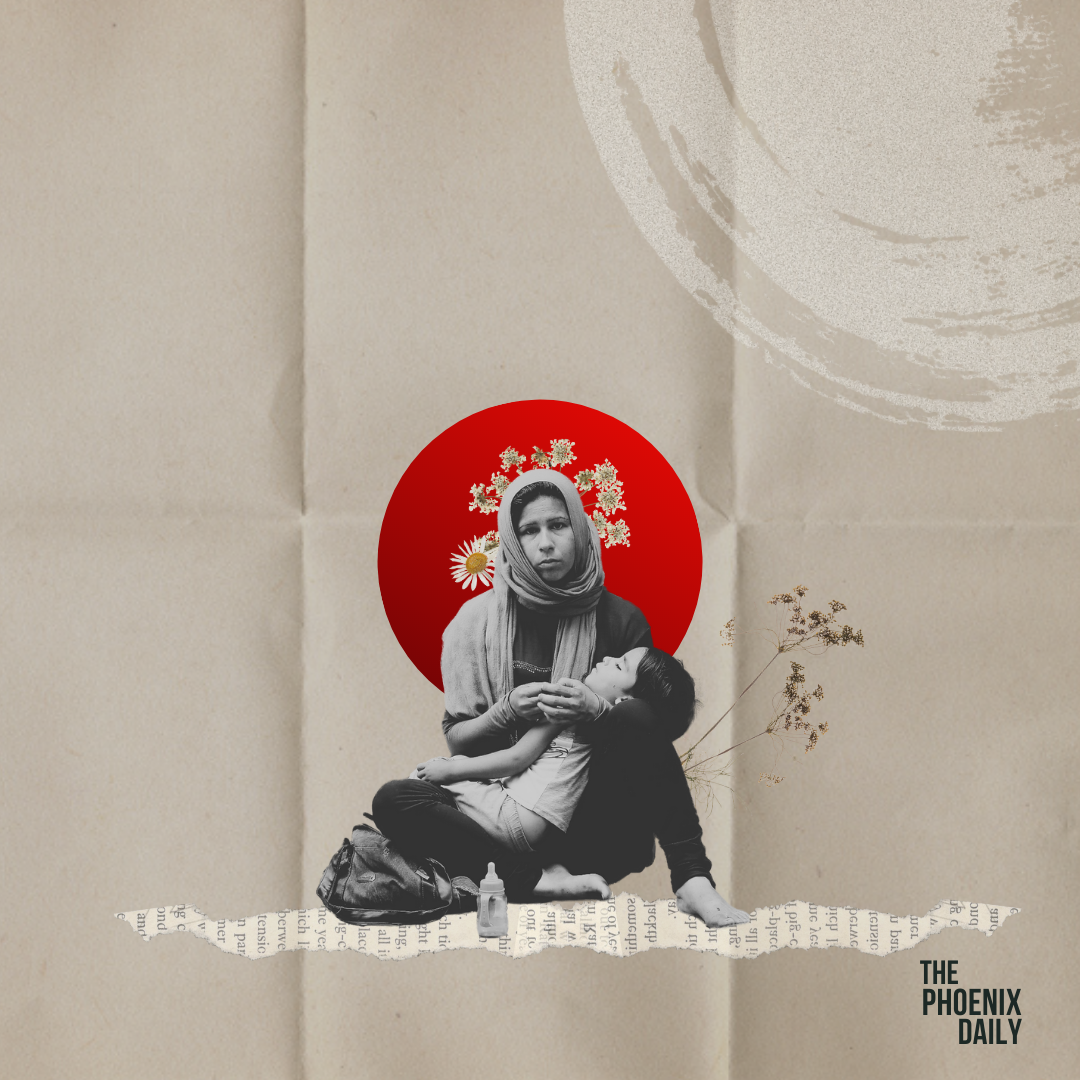

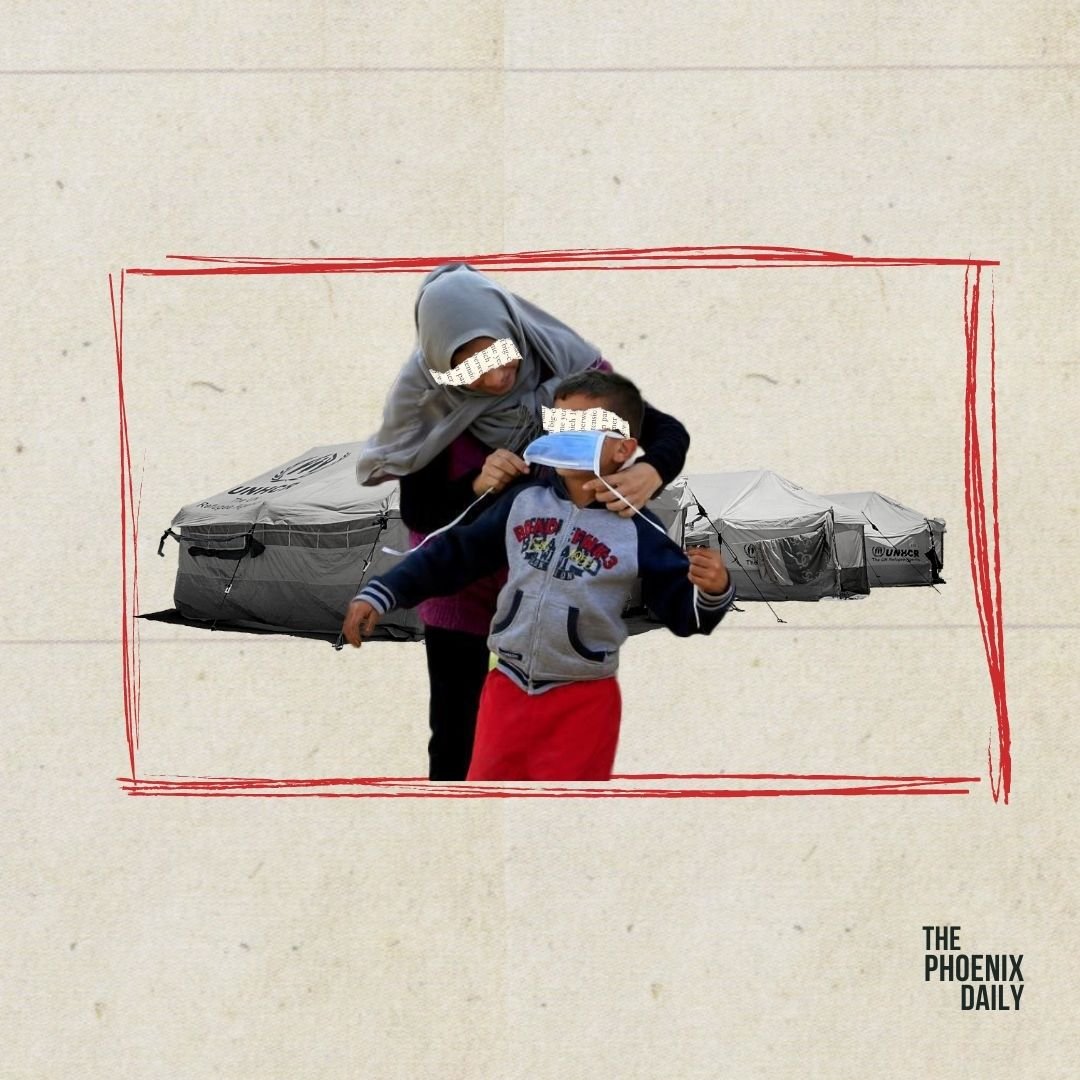
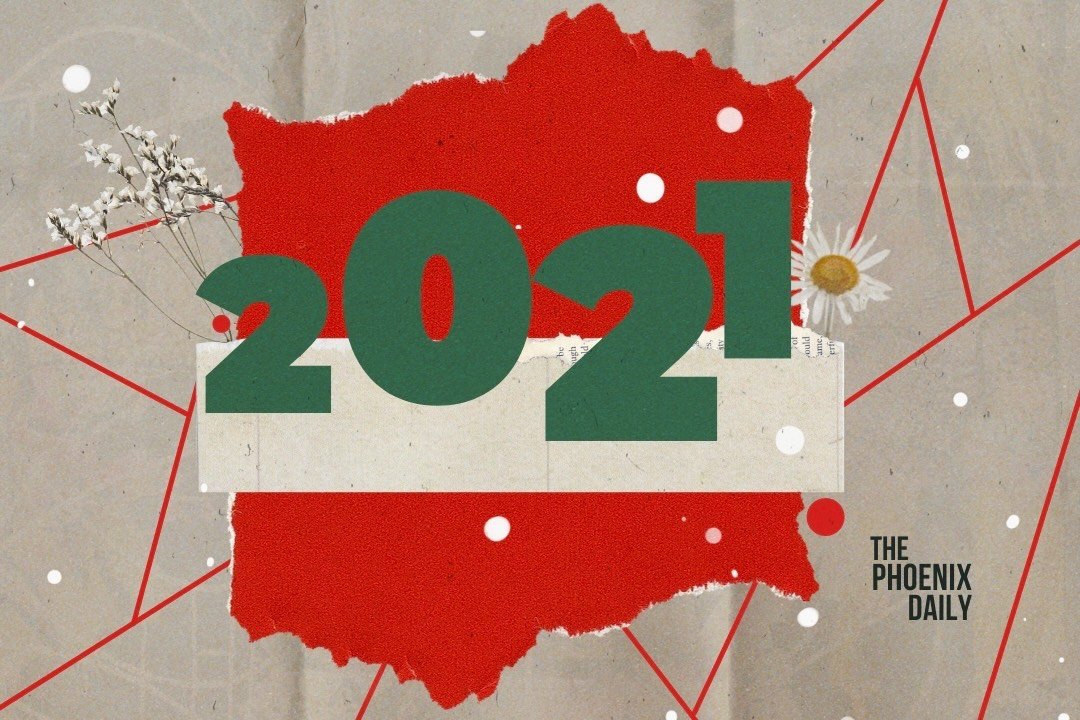

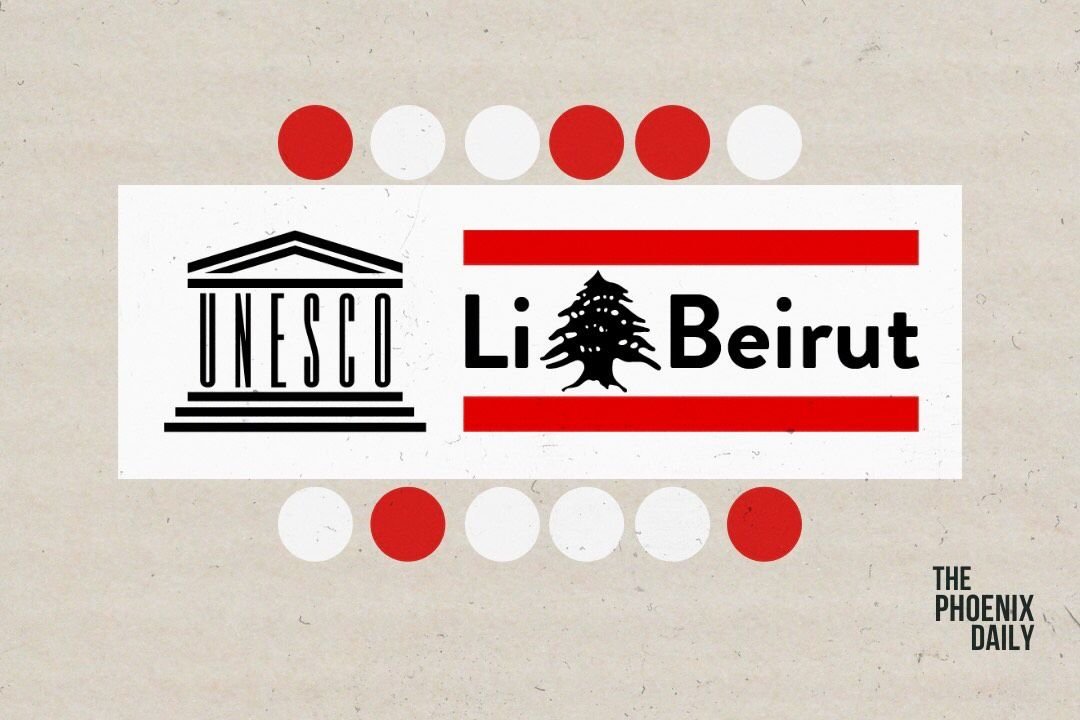
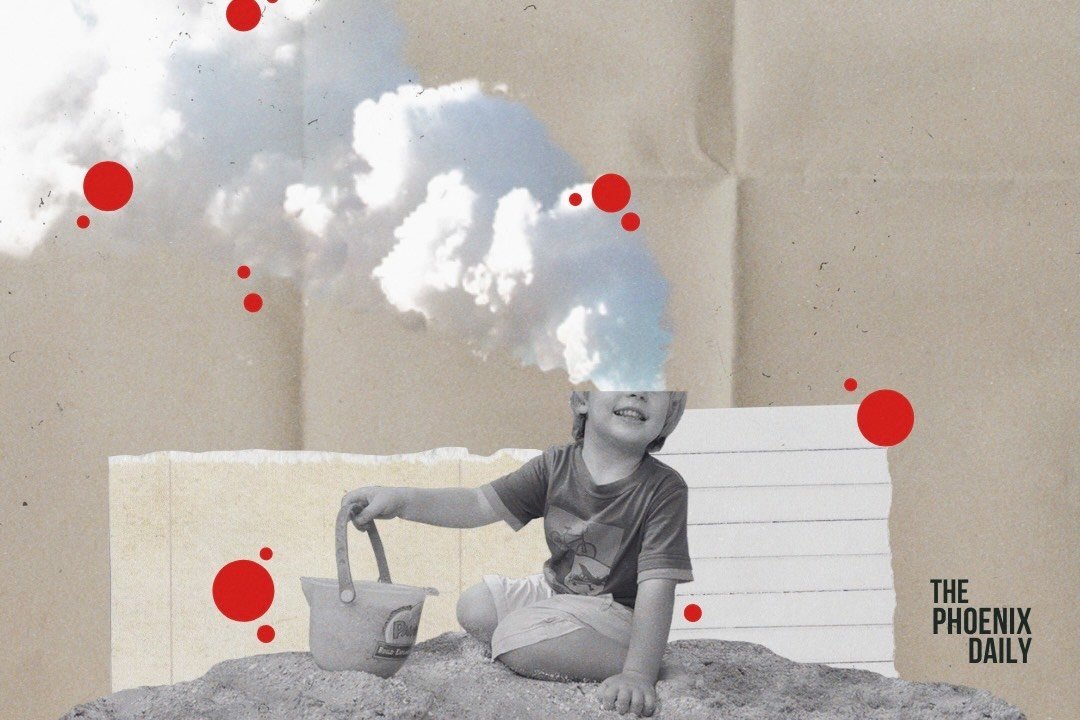
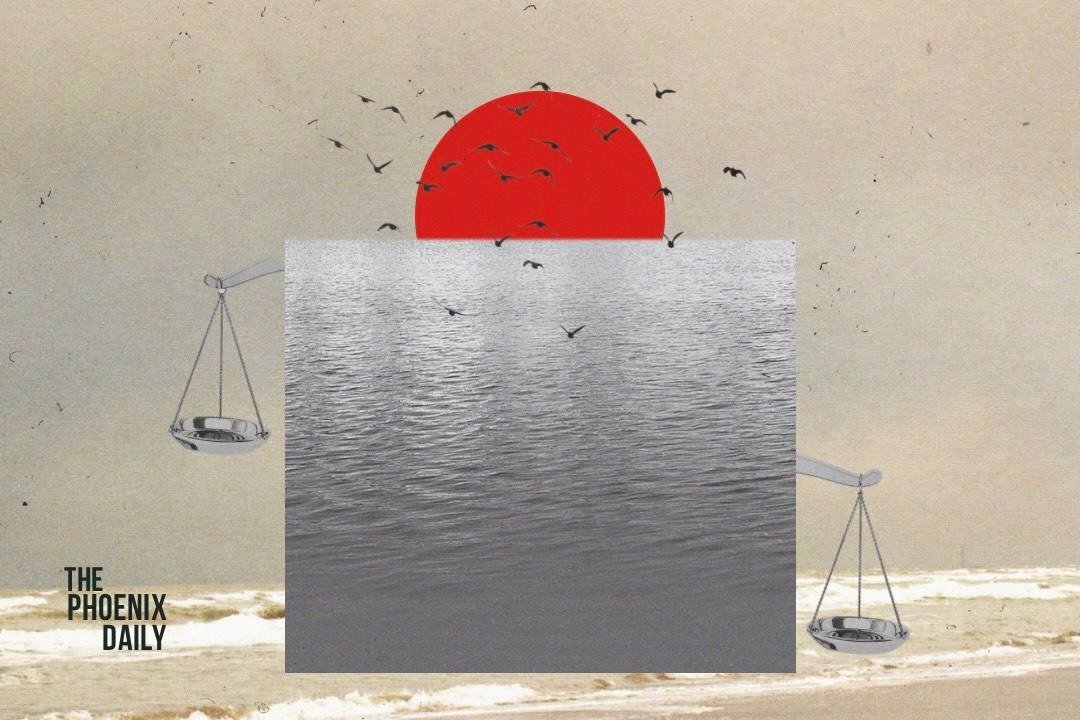
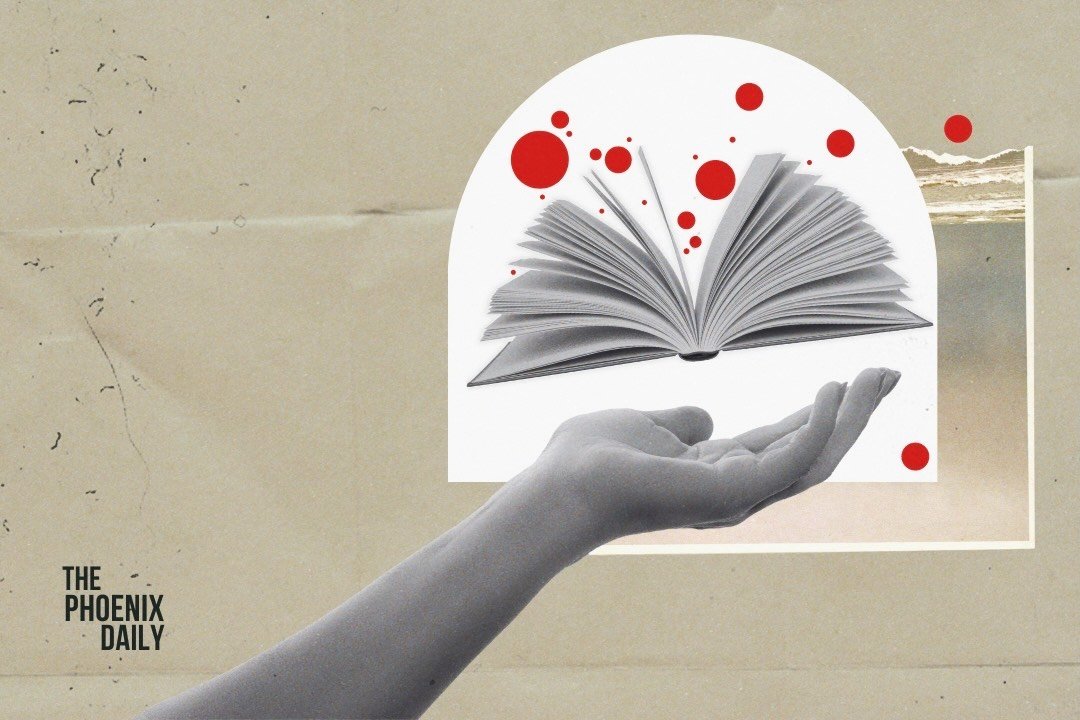





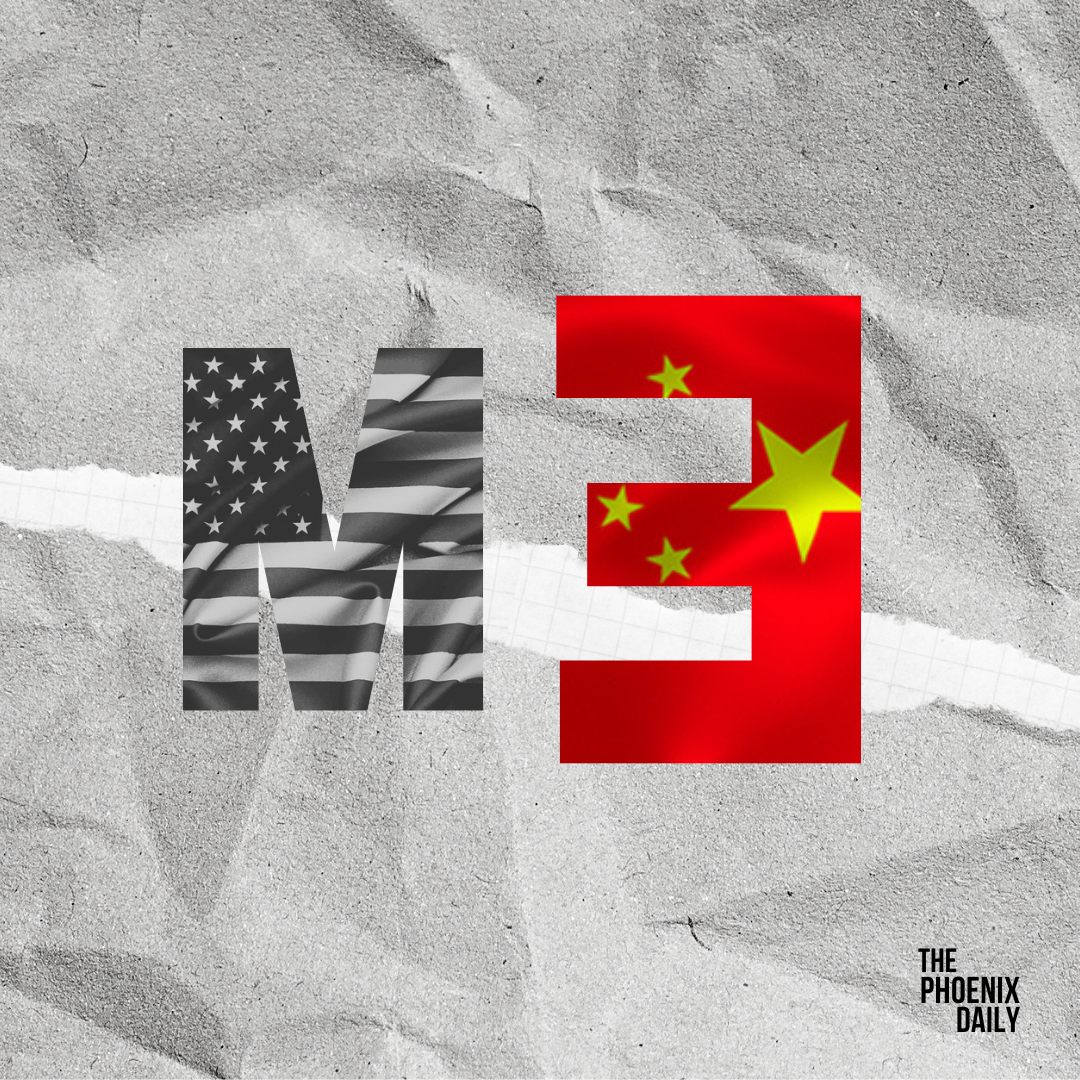


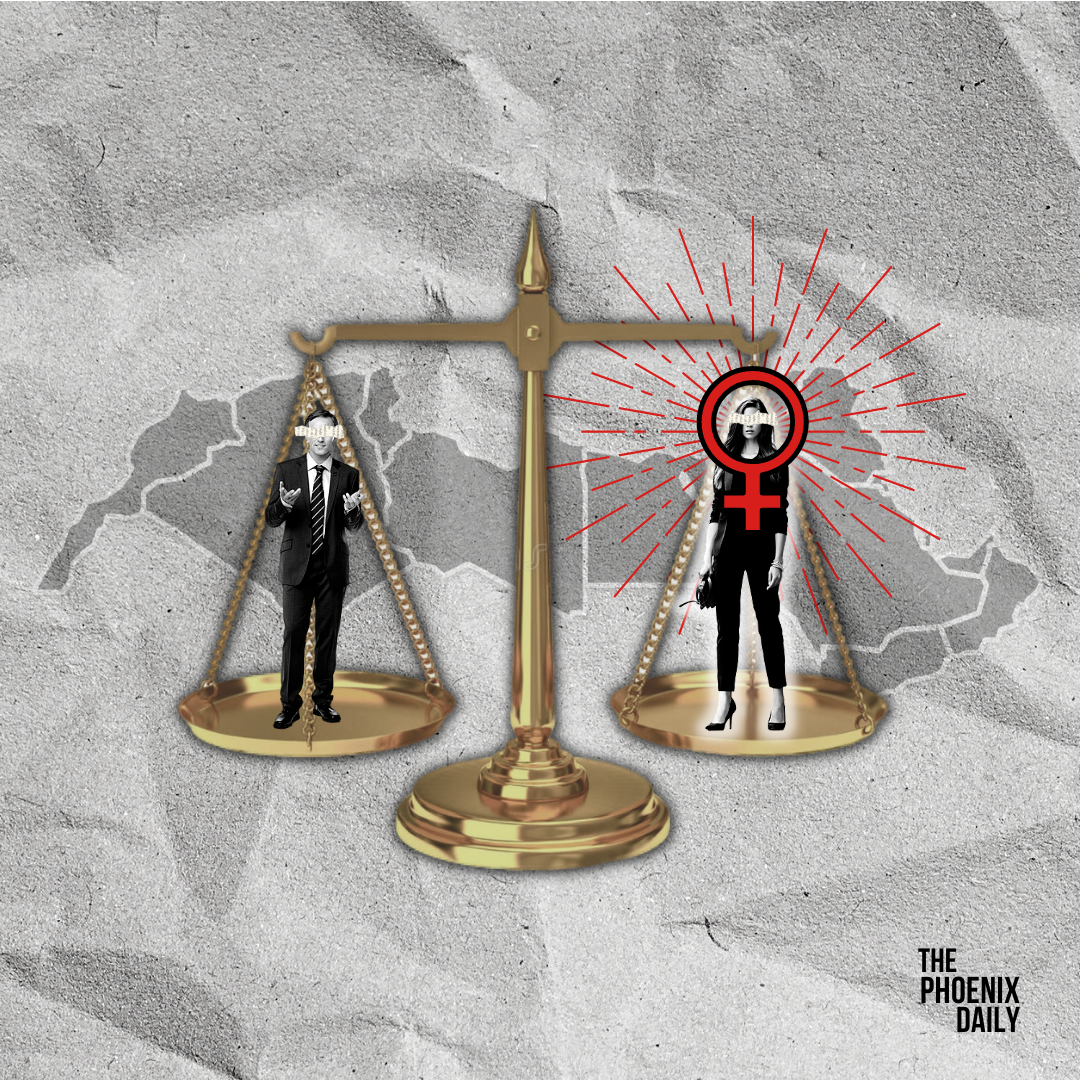



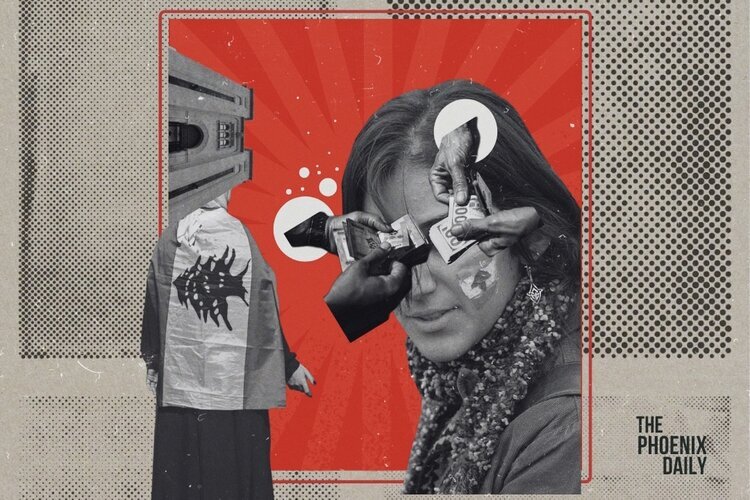
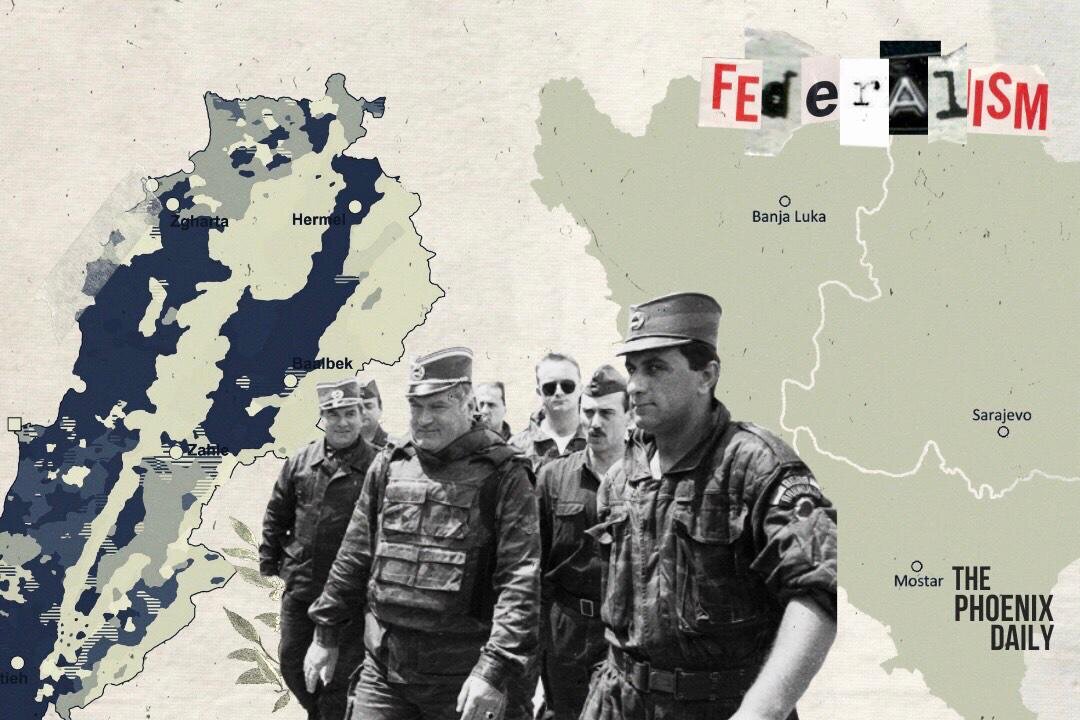





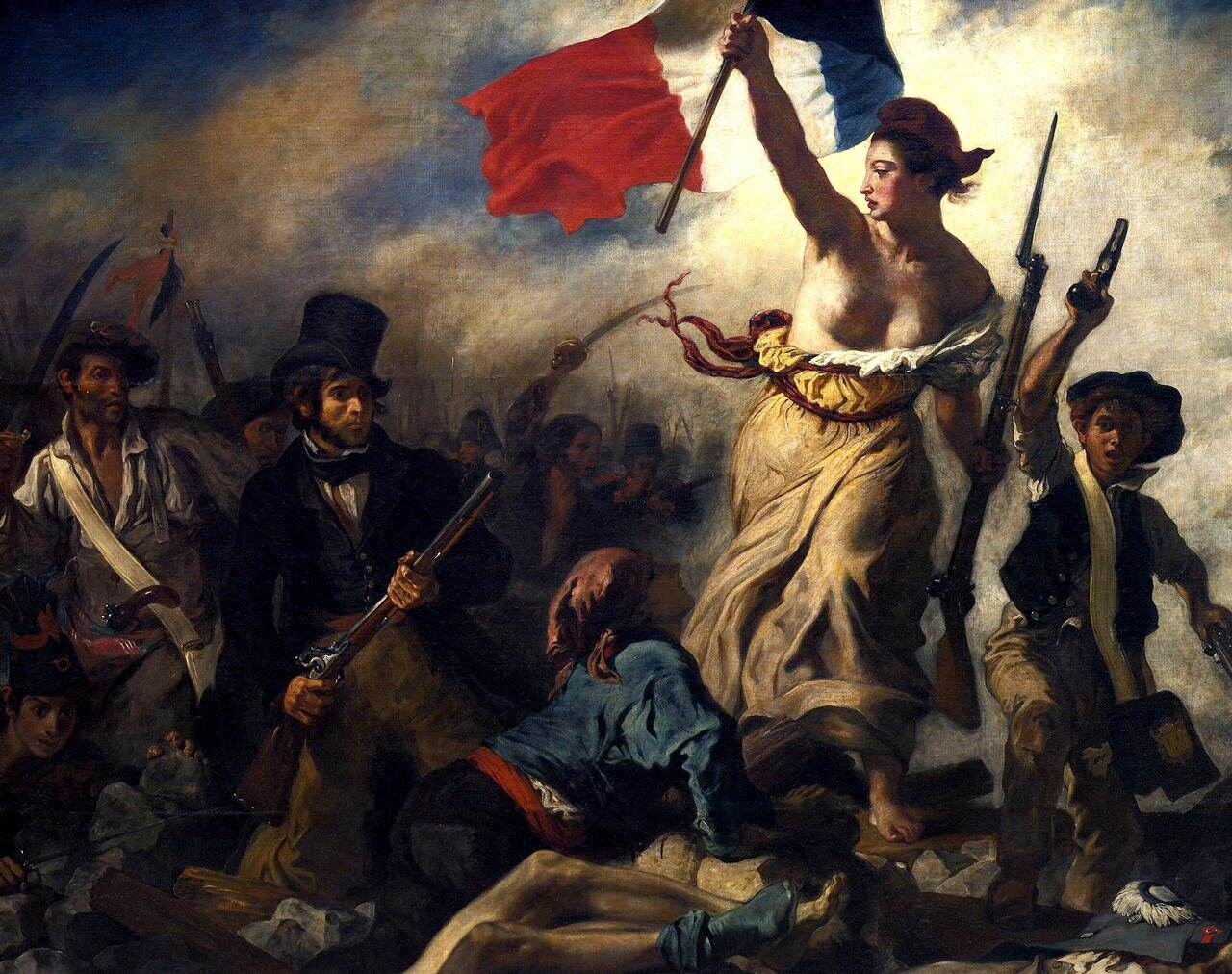




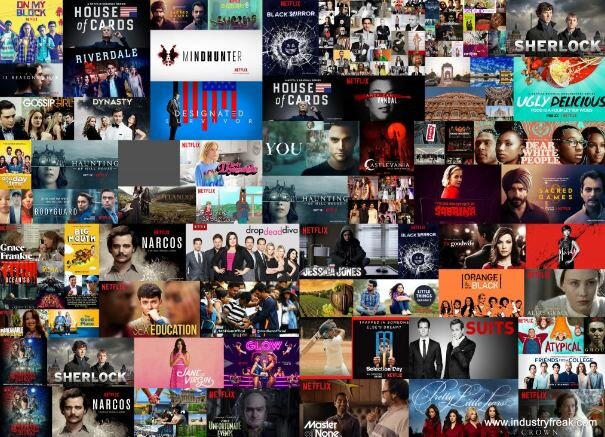




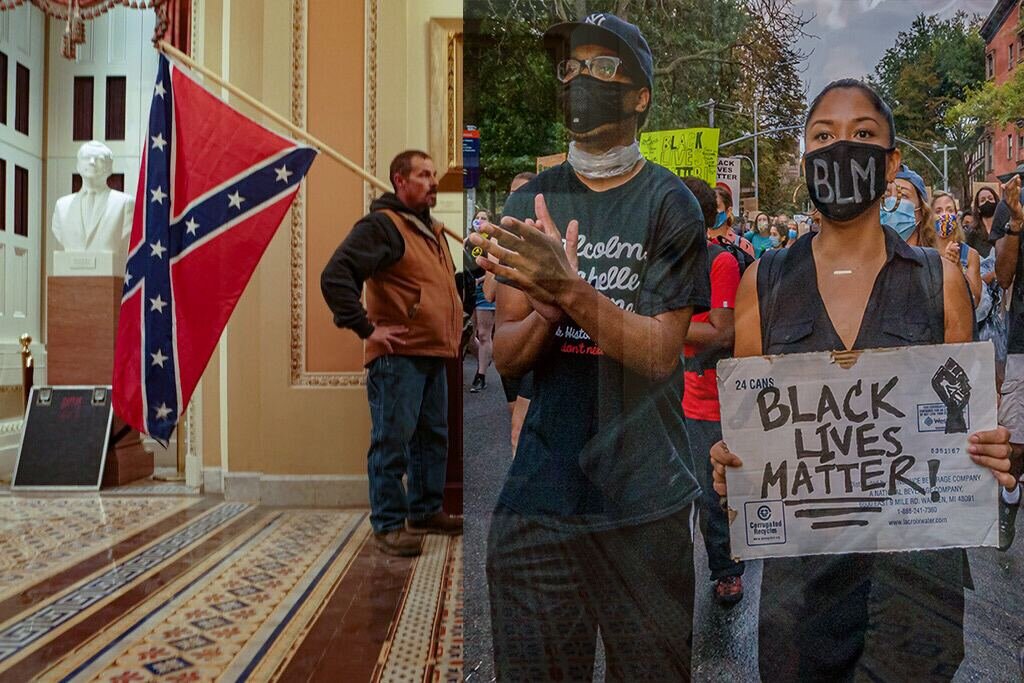



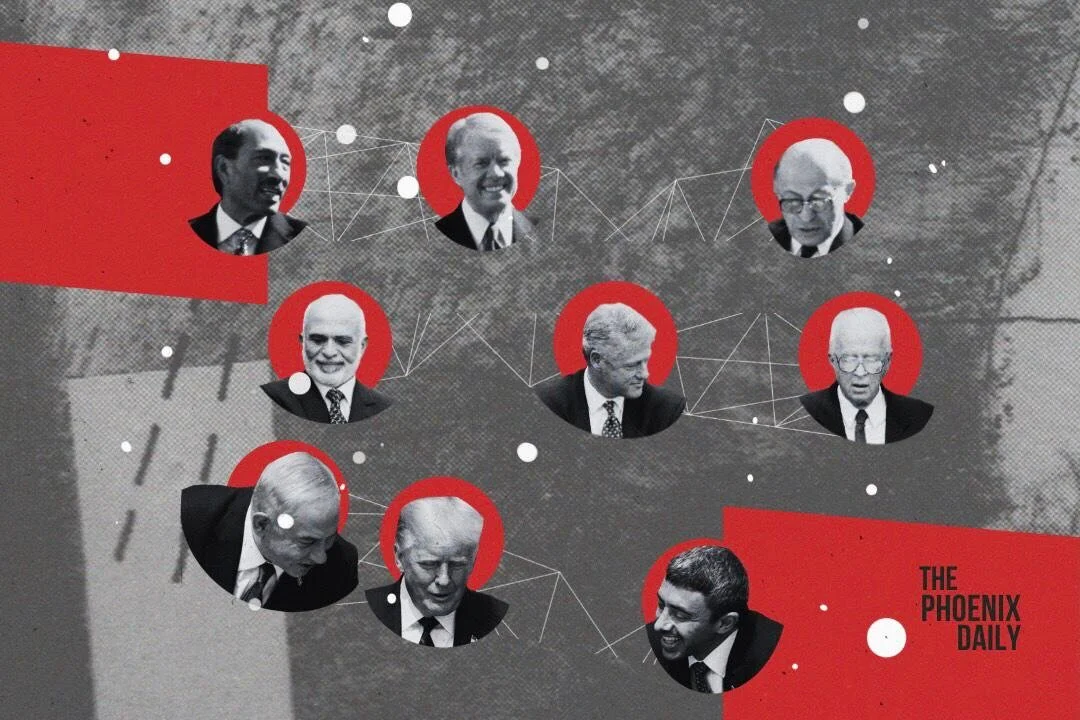







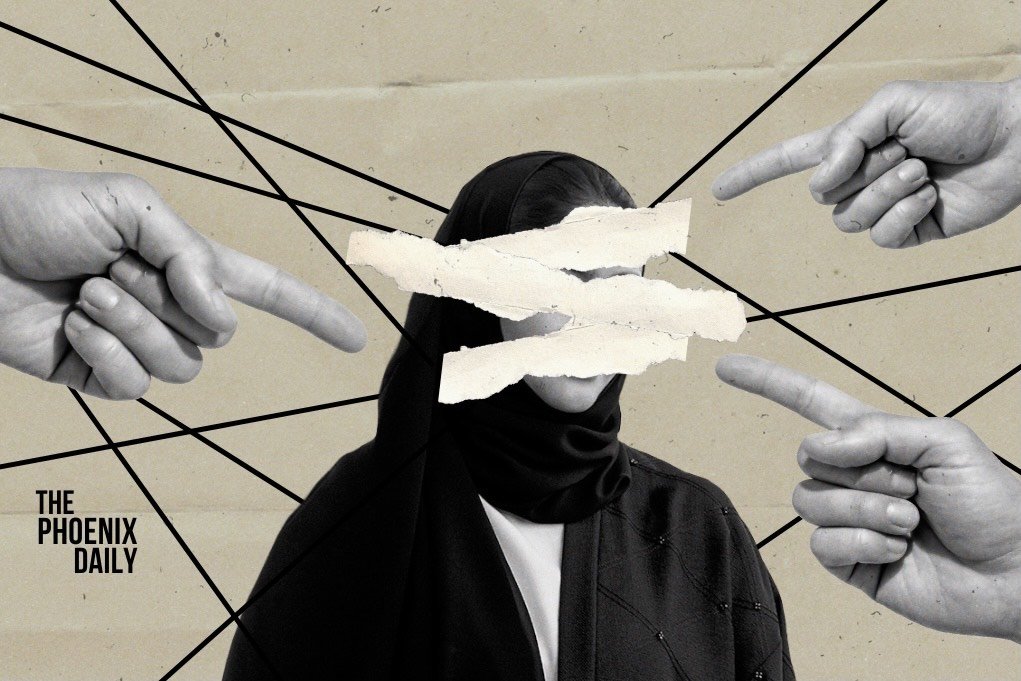






Opinion Analysis by Dr. Antonios Abou Kasm, Professor of International Law, Counsel pleading before International Criminal Courts, Visiting Contributor
Innovative Lebanese concepts enriched the lexicon of democracies in the world. Seen in the aftermath of the Taif agreement, the parliamentary system was based on pactist, sectarian, consociational, quota, conventional, parity, proportional,and complex democracy. Accordingly, consociational democracy or the democracy of compromises prevailed at the expense of the law. Pactist democracy entered after the withdrawal of the Syrian army from Lebanon in 2005, when it was raised at times by Christian groups, and at other times by Shiite Muslims, who had been marginalized since Ta’if, to challenge the legitimacy of government decisions and to prevent the parliament from adopting laws or agreements hostile to the Islamic Resistance project. The question now is; is it the turn of the Sunni Muslims to brandish the sword of Pactism to disrupt the effects of the upcoming elections in May 2022?